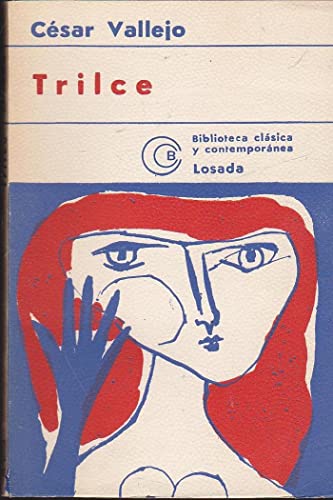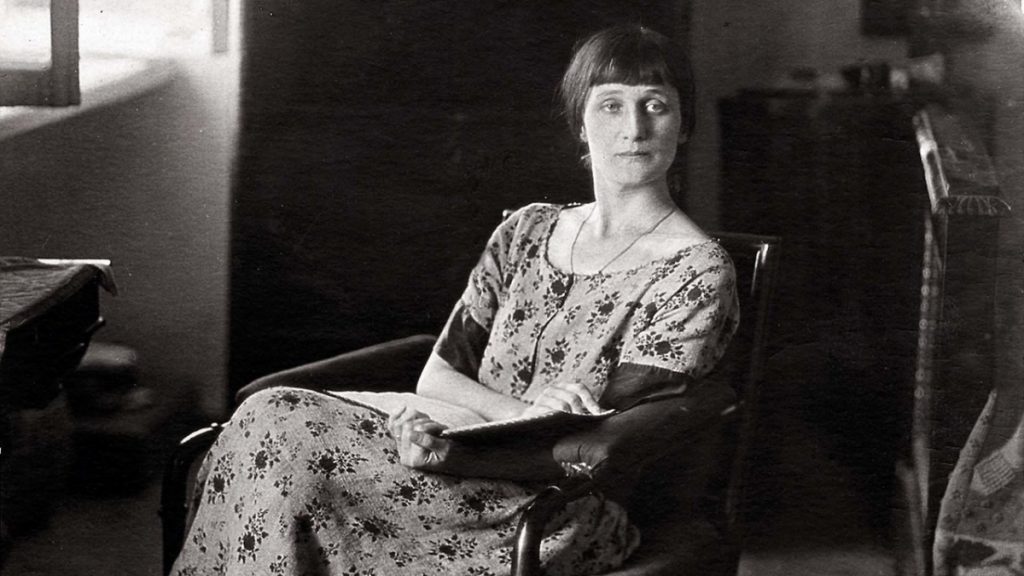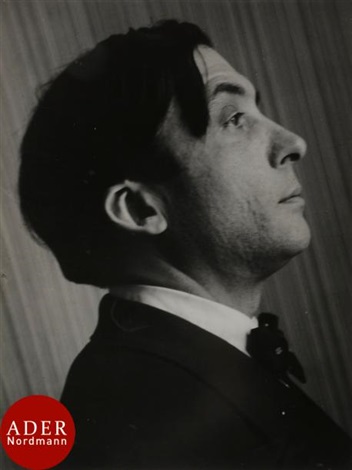
SYMPHONY NO. 2
Anton Mikhailovich spat, said “yuck,” spat again, said “yuck” again, spat again, said “yuck” again, and closed the door. To hell with him. Le me tell about Ilya Pavlovich.
Ilya Pavlovich was born in 1893 in Constantinople. When he was still a small boy, his folks moved to Petersburg, he graduated from the German School on Kirchnaya Street. Then he worked in some shop; then he did some other thing; and during the Revolution, he emigrated. To Hell with him. Let me tell about Anna Ignatievna.
Not so easy to talk about Anna Ignatievna. Firstly, I know nothing about her, and secondly, I have just fallen of my chair, and have forgotten what I was about to tell you. So let me tell you about myself.
I am tall, not unintelligent; I dress prudently and with taste; I don’t drink, I don’t bet on horses, but I do like ladies. And ladies don’t avoid me. They smile when I go out with them. Serafima Izmaylovna has been asking me to her place, and Zinaida Yakovlevna implied she would have liked to see me. Then there is a funny business Marina Petrovna, which I would like you to consider. Quite an ordinary thing, but a funny business still. Because of me, Marina Petrovna turned completely bald – bald like a baby’s bottom. It happened like this: I went over to visit Marina Petrovna, and bang! she lost all her hair. And that was that.

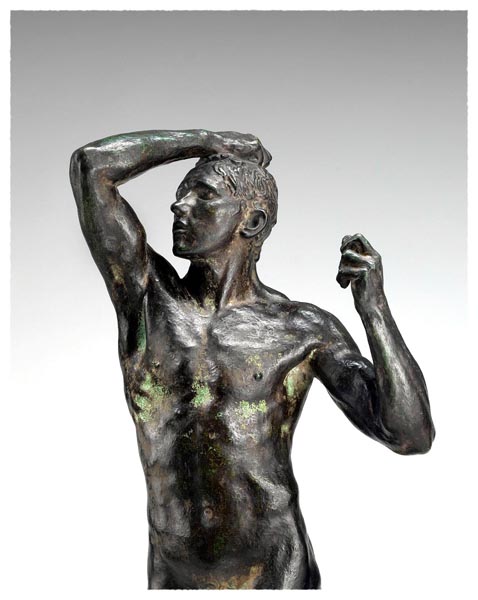



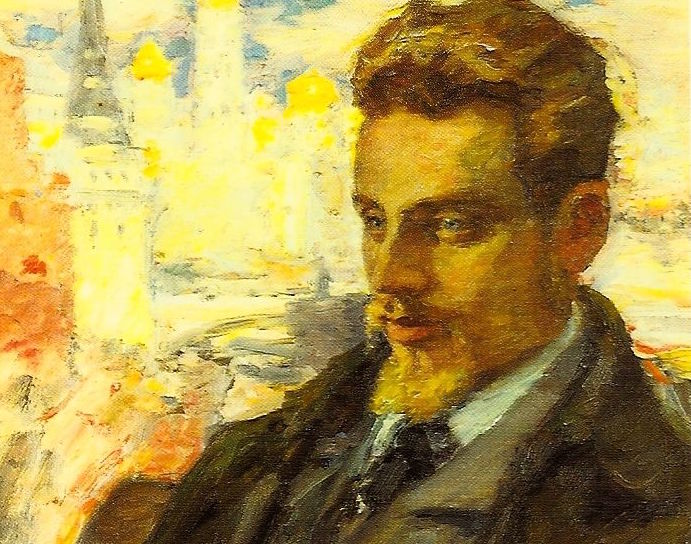
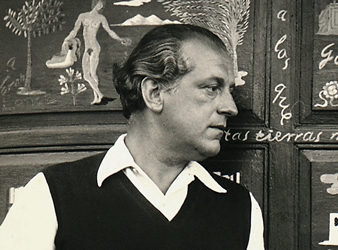

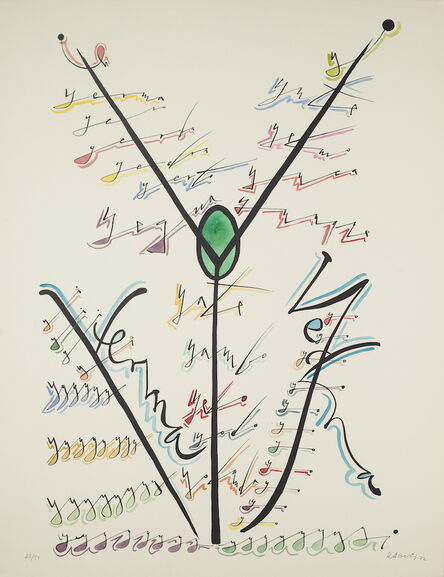
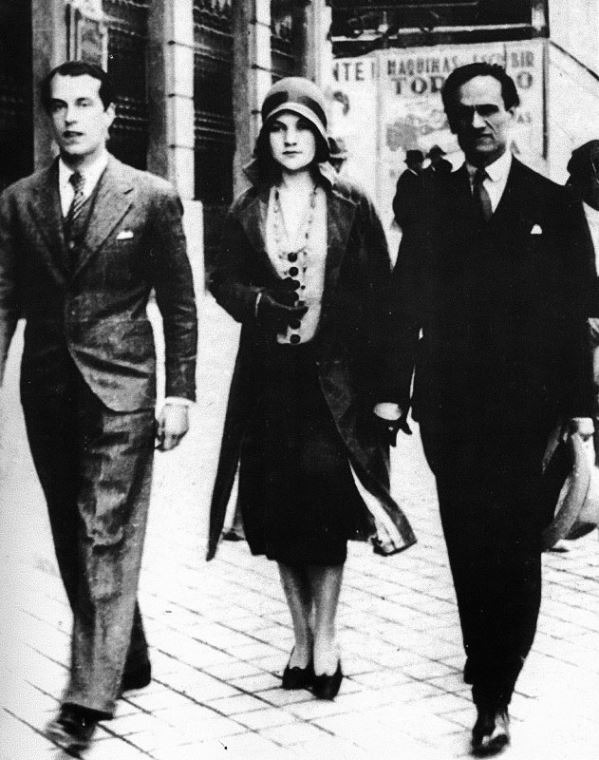
:quality(75)/arc-anglerfish-arc2-prod-elcomercio.s3.amazonaws.com/public/V65MSYP4MZBGZJORN4PY32ZOZY.jpg)

